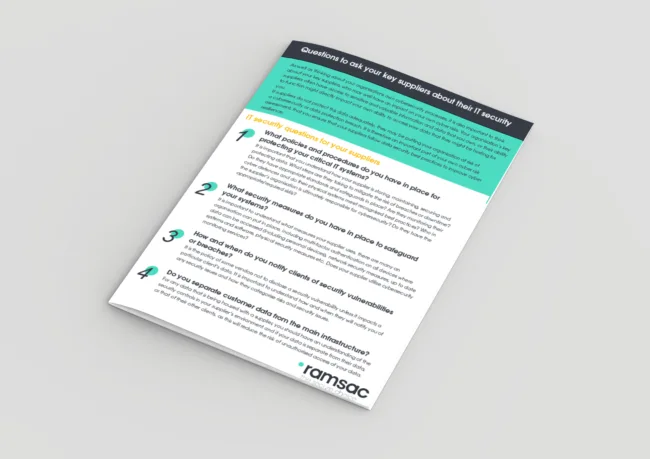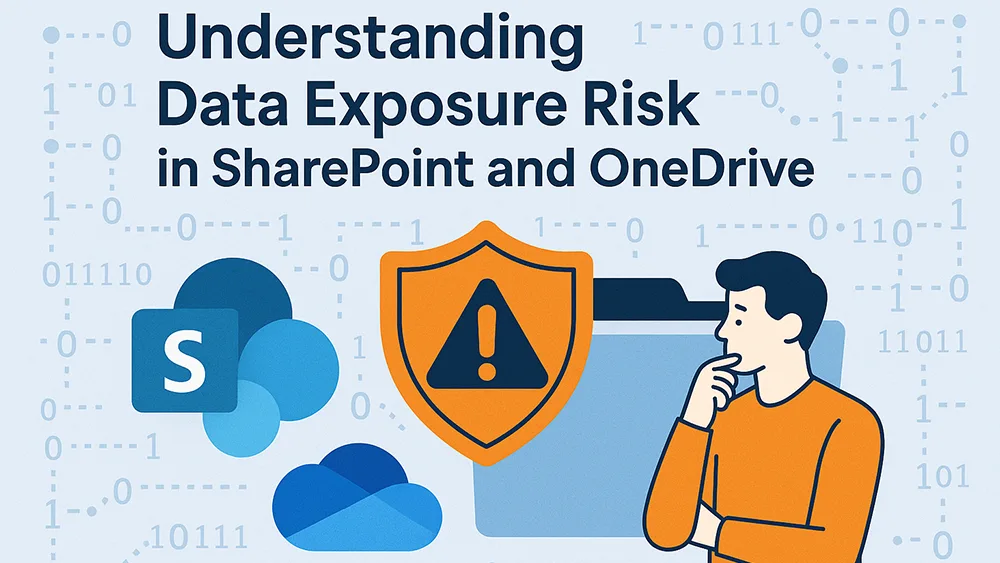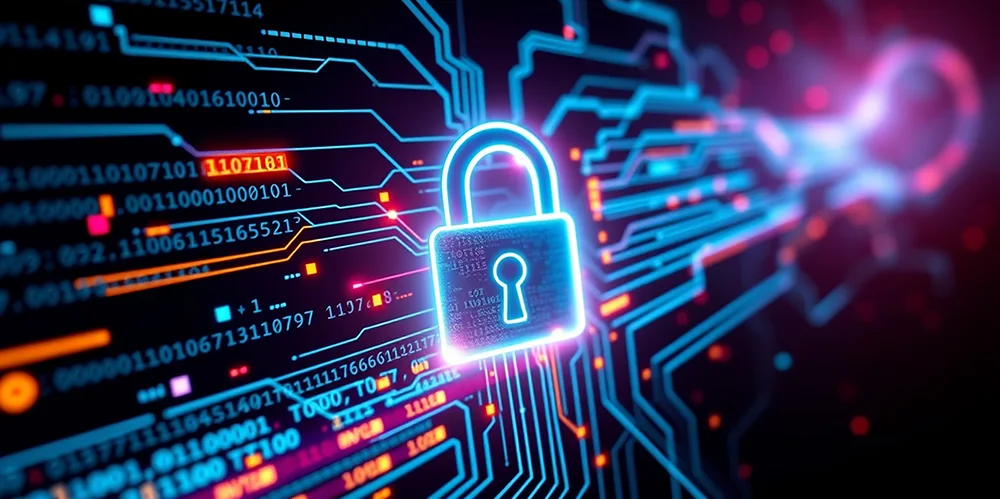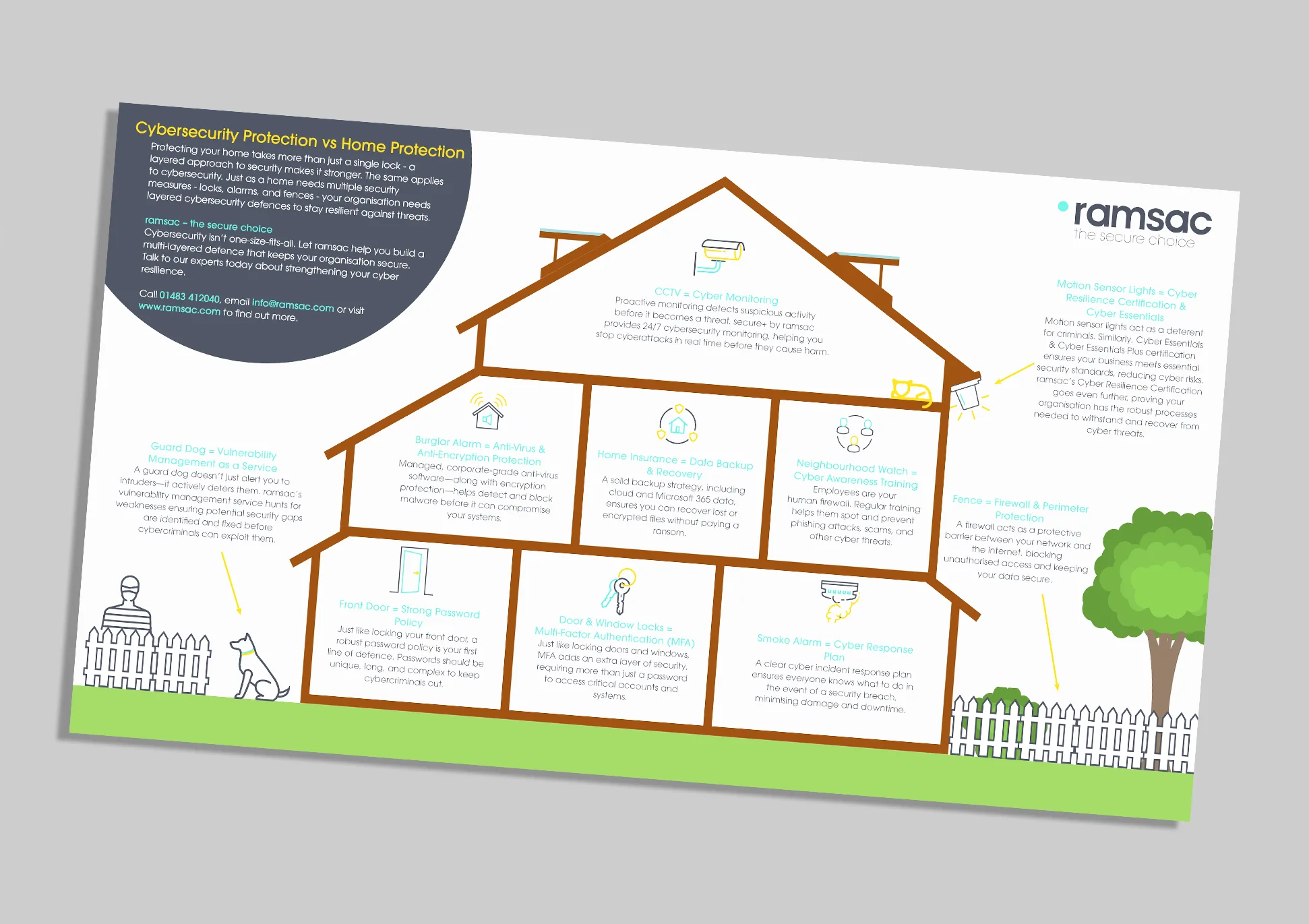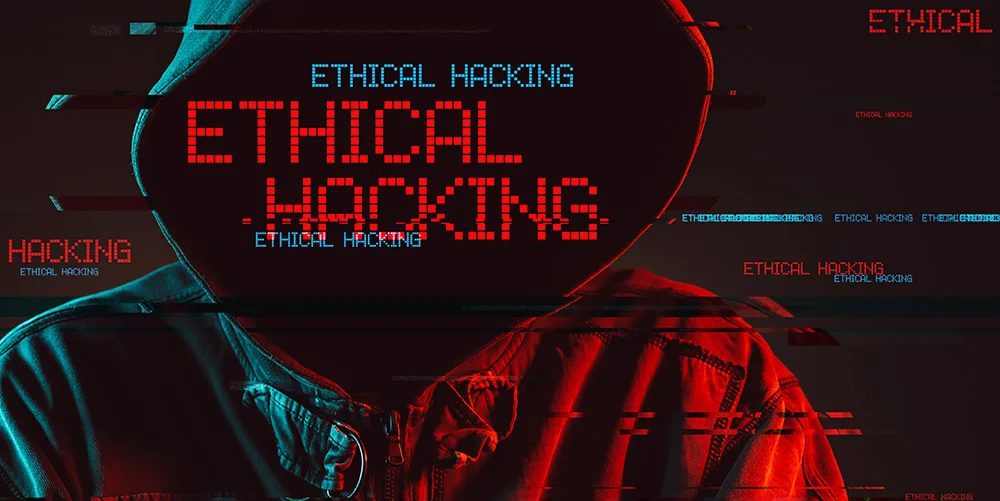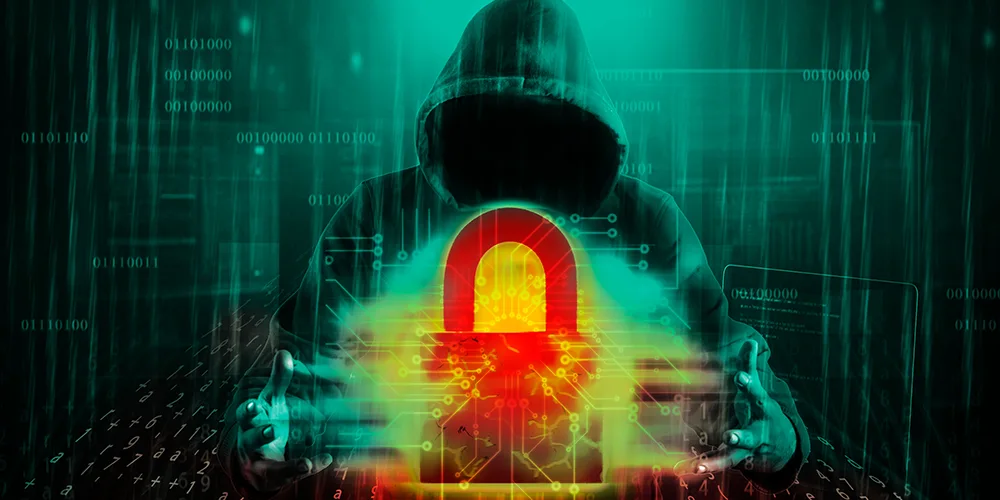The importance of effective supplier data security

Posted on July 11, 2023 by Louise Howland
All organisations rely heavily on their suppliers to provide goods and services that drive their operations. In many cases, these relationships involve the sharing of data between customer and supplier. Managing the IT risks that your suppliers could potentially place upon your own organisation is a key legal responsibility of you as a data controller. In this blog post, we will explore essential considerations and questions to ask your suppliers about the protocols they have in place that keep you, and any shared data, safe and secure.
Why is supplier data security so important
In March 2022, Toyota faced a significant setback when it had to halt production at 14 manufacturing plants in Japan. The reason behind this suspension was a cyber attack on one of its plastic parts suppliers, Kojima Industries. To ensure the safety and security of its operations, Toyota decided to suspend all 28 lines across these 14 domestic plants, as stated in an official company announcement. This unfortunate incident had a major impact on Toyota’s global production, causing a reduction of approximately one-third of its total output.
The incident involving Toyota’s production suspension in March 2022 serves as a stark reminder of the critical importance of third-party data security. Organisations often rely on a network of suppliers, vendors, and partners to sustain their operations and deliver products or services to customers. However, this interdependency also introduces potential vulnerabilities that can be exploited by malicious actors.
Third-party data breaches, such as the cyber attack on Kojima Industries, can have far-reaching consequences beyond the immediate impact on the targeted organisation. In this case, the attack disrupted Toyota’s manufacturing plants, causing significant disruptions to its global production capacity. The incident highlights the need for organisations to carefully assess and monitor the security practices of their third-party partners to ensure adequate protection of sensitive information and business operations.
Essential considerations of supplier data security
- Vendor risk assessment: When engaging third-party service providers, organisations must conduct thorough risk assessments to evaluate their security practices, data protection measures, and compliance with relevant regulations. This assessment should include verifying their track record, certifications, and security controls.
- Data sharing agreements: Clear and comprehensive data sharing agreements should be established between organisations and their third-party partners. These agreements should outline data protection obligations, confidentiality requirements, and specify how data breaches will be managed and reported.
- Monitoring and auditing: Organisations should implement regular cybersecurity monitoring and cybersecurity auditing processes to ensure that third-party partners adhere to security standards. This includes periodic assessments, audits, and continuous evaluation of the security controls and practices of these partners.
- Incident response preparedness: It is crucial for organisations to have well-defined incident response plans in place. These plans should include procedures for detecting, containing, and reporting data breaches promptly, including incidents originating from third-party partners.
Questions to ask your suppliers about Data Security
It is crucial that you evaluate your new and existing supplier’s commitment to data security and establish a secure foundation for your supplier relationships. By conducting thorough vendor risk assessments, establishing clear data sharing agreements, monitoring and auditing third-party security controls, and maintaining effective incident response plans, organisations can mitigate risks and protect the privacy and confidentiality of the data entrusted to them. We have created a guide; Questions to ask your key suppliers about their IT security to help organisations to audit their key suppliers data security.
By prioritizing supplier data security, you demonstrate your commitment to protecting your customers sensitive information and safeguarding your organisation’s interests. Together with responsible suppliers, you can build a secure ecosystem that enhances trust, fosters collaboration, and bolsters the resilience of your business.
Find out the questions to ask your suppliers
Download our guide to find out the security questions to ask your suppliers to ensure they are protecting your data by following security best practices.
